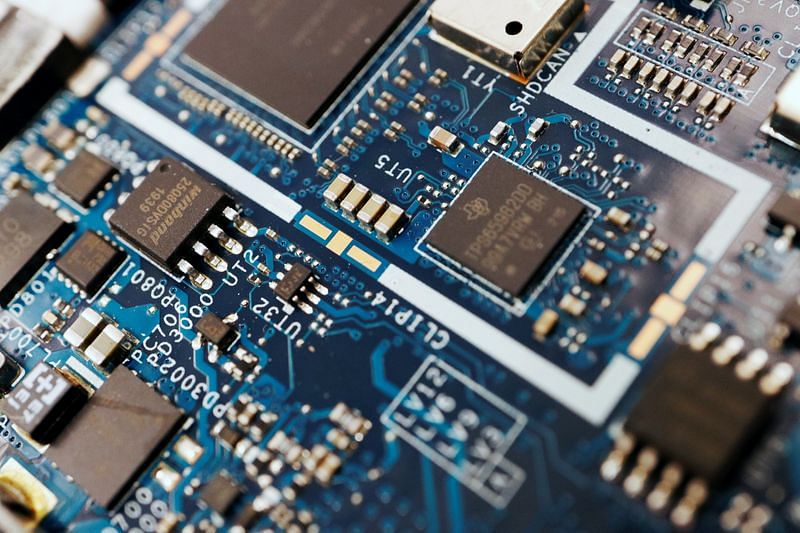TOKYO (Reuters) – Japan and the Netherlands will soon agree to join the United States in restricting exports of semiconductor manufacturing equipment to China, Bloomberg News reported.
Talks between the countries will conclude as early as Friday, with the Netherlands restricting ASML Holding NV from selling machines to China used to make certain types of advanced chips, Bloomberg reported, citing people familiar with the matter.
Japan would impose similar restrictions on Nikon Corp, the report said.
Sources have told Reuters that a deal between Dutch and U.S. officials could be clinched by the end of the month as representatives from the two countries meet in Washington on Friday.
Getting the Netherlands and Japan to impose tighter export controls on China would be a major diplomatic win for U.S. President Joe Biden’s administration, which in October announced sweeping restrictions on Beijing’s access to U.S. chipmaking technology to slow its technological and military advances.
Without Japanese or Dutch cooperation, U.S. companies would face a competitive disadvantage.
“We have been in discussion with the United States and other countries regarding the export-control regime,” Yasutoshi Nishimura, Japan’s Minister of Economy, Trade and Industry, told reporters on Friday.
“We will implement any measures in accordance with our Foreign Exchange Law and through international cooperation,” he added, declining to provide further details.
Nikon could be affected, the Japanese company most likely to be impacted by new restrictions will be chip manufacturing machinery maker Tokyo Electron, which relies on China for about a quarter of its sales, said Masahiko Hosokawa, a Meisei University professor and former director general of trade control at the ministry.
“A balance needs to be struck so no one among Japan, the United States and Europe will be disproportionately disadvantaged. It’s about fairness,” he said.
Dutch officials have insisted that fresh controls address national security concerns rather favour U.S. chip-related companies, a source familiar with the discussions told Reuters.
Japan expects sales at affected chip-related companies to rebound quickly because the market for their equipment is expanding, a trade and industry official involved in overseeing semiconductor firms told Reuters. He asked not to be identified because he is not authorised to speak to the media.
(Reporting by Tim Kelly, Kiysho Takenaka, Mayu Sakoda and Kantaro Komiya; Editing by Chang-Ran Kim and Gerry Doyle)
Disclaimer: This report is auto generated from the Reuters news service. ThePrint holds no responsibilty for its content.
